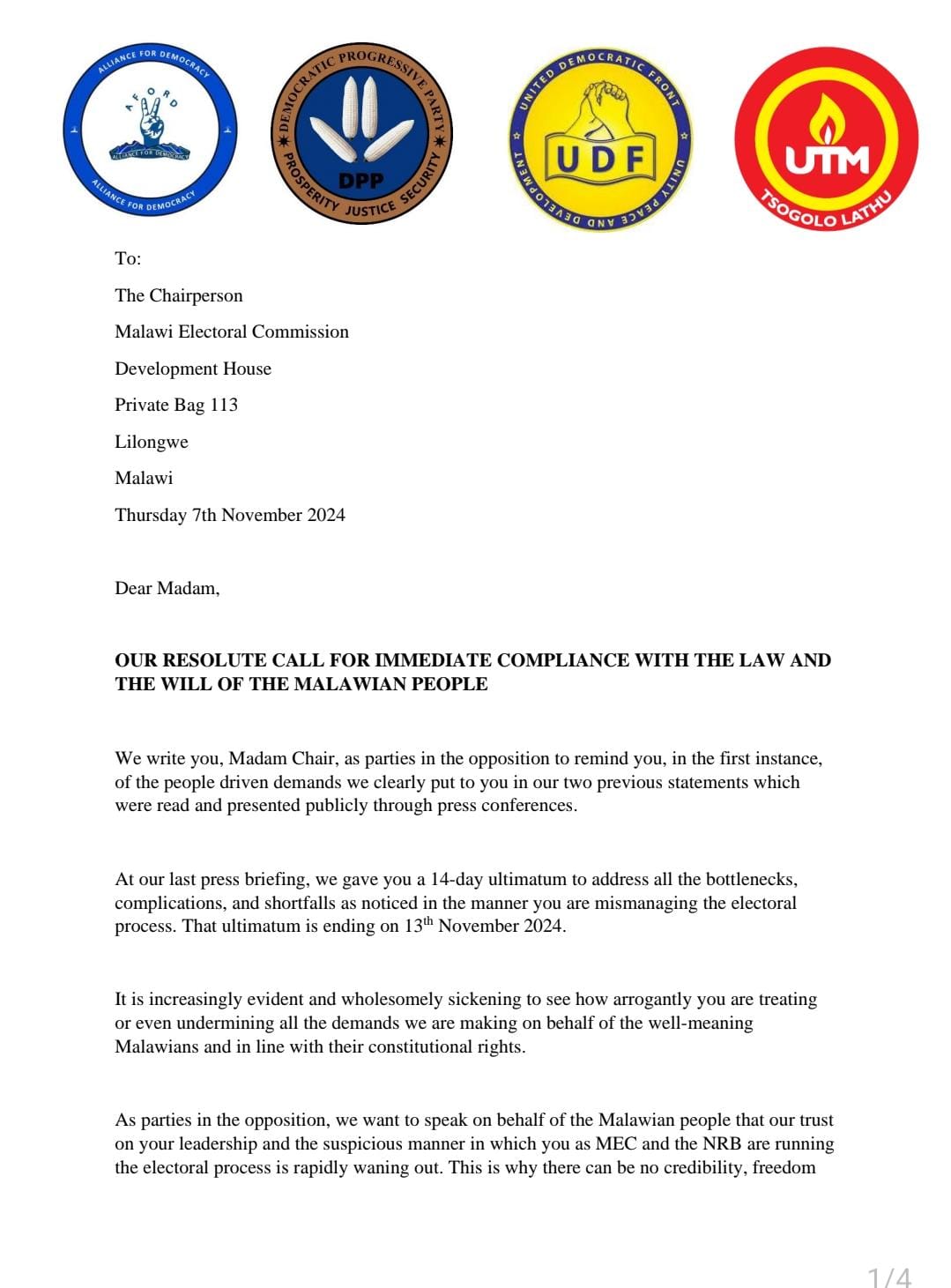By Burnett Munthali
In a landmark ruling delivered by the Industrial Relations Court (IRC) in Blantyre today, Press Corporation Limited (PCL) has been ordered to compensate three of its former top executives for unfair dismissal and labor practices. The applicants, former Chief Executive Officer George Partridge, former Company Secretary Bernard Ndau, and former Group Financial Controller Elizabeth Mafeni, filed the lawsuit after their abrupt dismissal in 2021.
The ruling, delivered by IRC Deputy Chairperson Tamanda Nyimba, found that the PCL board had unfairly retrenched the applicants. Nyimba noted that, among other factors, the board justified the dismissals by claiming that the executives’ salaries were too high. However, it was revealed during the hearing that the same board had recently approved salary increases for the applicants just months before their termination. This inconsistency was a key point in the court’s decision, demonstrating that the dismissals were both procedurally and substantively unfair.
In an interview, counsel for the applicants, John Suzi Banda, emphasized that while compensation is important, it is secondary to the vindication of his clients.
“But for my clients, the issue of compensation is secondary. What is important is that they have been vindicated as they have always felt that they were unfairly treated by their employer,” Suzi Banda said.
On the other side, PCL lawyer Patrick Mpaka stated that the corporation will review the court’s decision and explore its options moving forward.
The case stems from the applicants’ dismissal on December 10, 2021, when they were informed by word of mouth of their termination. Formal termination letters were only issued on January 7, 2022. The court found that this procedure violated labor practices, further strengthening the applicants’ claims.
This ruling is expected to set a significant precedent in the ongoing fight for fair labor practices in Malawi, particularly for top executives who are often excluded from labor rights protections traditionally associated with lower-tier employees.




